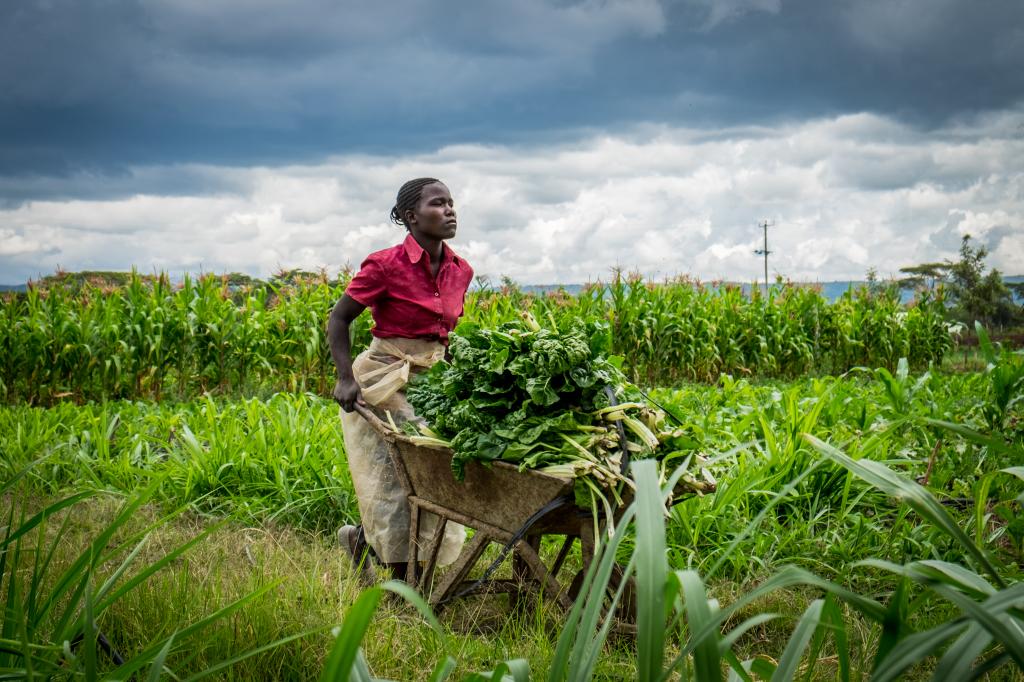It’s Africa vs African Union
Down to Earth - 17 May 2022
It’s Africa vs African Union
August 18, 2021. A day like no other? For, on this day seed systems, farmer-managed seed systems and farmers’ rights on the African continent came under direct attack by a body that should be their primary custodian—the African Union (AU).
On this day, a serious blow was dealt on Africa’s seed sector when it came to light that in a few days — August 23 — AU would hold a validation meeting to formalise the draft continental guidelines on biotechnology and seed regulatory frameworks that they had been quietly working on since April 2021.
The guidelines — which were endorsed by AU policy organs on February 16, 2022 — are aimed at establishing a centralised seed and biotechnology framework in food and agriculture across the continent.
This process will be implemented within the frameworks of the African Continental Free Trade Area (AfCFTA) — a mega free trade deal countries are negotiating.
The AU process endangers seeds, seed systems and farmers’ rights in 55 African member states of AU. We are extremely concerned about the contents of the guidelines and frameworks, the meeting and the processes leading up to this day.
The guidelines are harmonising corporate-centred laws that not only promote trade and investment but also situate African seed and food systems within a commercial and industrial agenda.
Civil Society concerns, which were captured and communicated in a statement released by civil society organisations in 2021 include:
- Formalisation, development of private seed production
- The misrepresentation and intention to formalise farmer managed seed systems and farmers’ rights
- The promotion of the International Union for the Protect-ion of New Varieties of Plants (UPOV) and, by extension, to protect the interests of corporate breeders
- The intended capture of peasant struggles by interest groups like the proposed African Seed and Biotechnology Partnership Platform.
Africa is home to over 33 million smallholder farmers, so when AU rallies behind industry to regulate a sector that affects that many livelihoods, then we should shout from the rooftops.
Most smallholder farmers in Africa are women who work on less than two hectares of arable land, grow mainly subsistence crops, rely exclusively on family labour and yet continue to feed the continent and beyond.
They are the custodians of seed, the environment and age-old norms and practices that protect diverse varieties of seeds and farming methods.
Recently, however, corporations have shifted their focus from the rest of the world to Africa as the “world’s next bread basket.”
They have invested heavily in industrial agriculture including practices, seeds and chemicals, as the magic bullet that will address food insecurity and poverty on the continent. They have also earmarked Africa as the new market for their chemical products. African leaders and governments are sold on the narrative.
Under a cloud of secrecy and haste, guidelines are set at AU to promote agrarian extractivism at the expense of food and seed sovereignty of an entire continent. They also situate farmers’ rights and farmer managed seed systems within a corporate seed environment and agenda.
Processes like these at the AU provide a basis and affect other guidelines and seed regulatory frameworks at the continental and national processes.
They introduce intellectual property rights legislation, seed quality rules, seed marketing, phytosanitary measures and many others within national seed laws. The negative effects of these can and will be felt in all 55 AU nations by opening the door to centralising and harmonising seed and plant variety protection regulatory frameworks at so many levels and layers of the continent.






